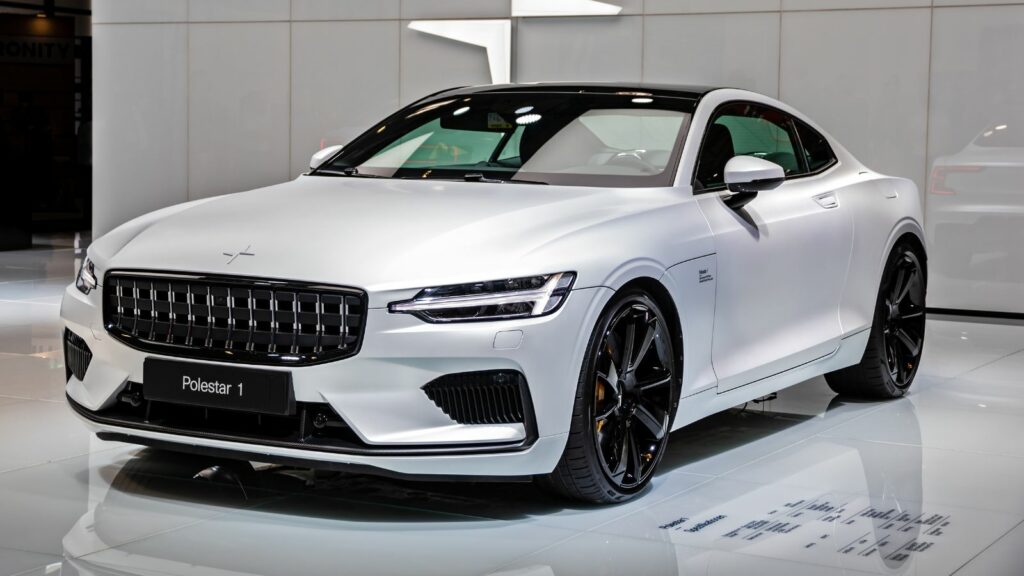In a world where waiting for your gadgets to recharge can feel like watching paint dry, electric cars have flipped the script. Imagine this: While your smartphone is still gulping down power like a thirsty camel, your electric car is already revving to go. With advancements in fast-charging technology, several electric cars now boast charge times that will have your phone green with envy. Here’s a roundup of 13 electric cars that can juice up faster than your smartphone.
Tesla Model S Plaid
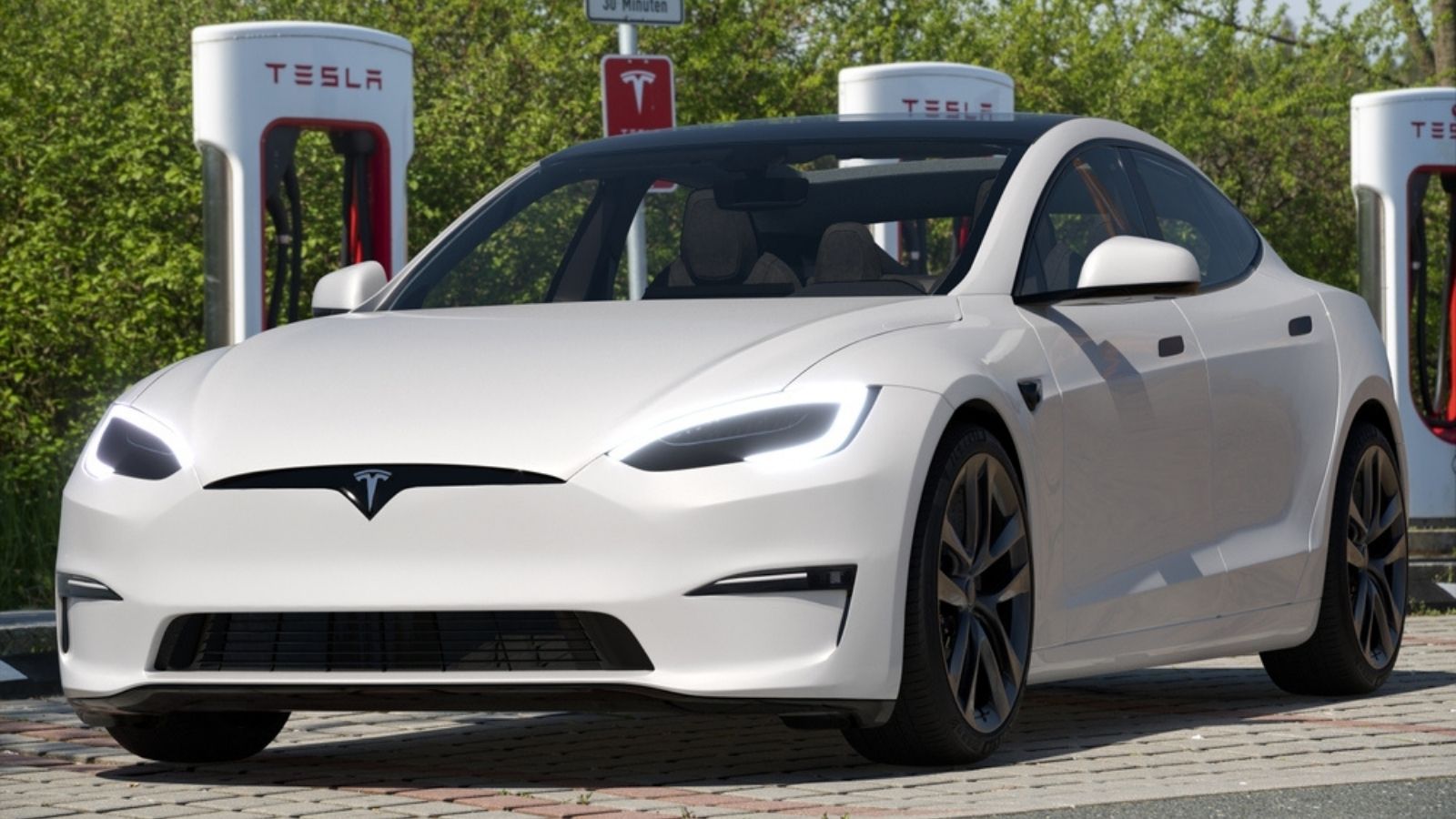
The Tesla Model S Plaid isn’t just a speed demon on the road—it’s a speedster at the charging station, too. Equipped with a tri-motor all-wheel-drive system, the Plaid boasts a staggering 1,020 horsepower and a 0-60 mph time of just 1.99 seconds, making it one of the fastest production cars globally. Its advanced 800-volt architecture supports rapid Supercharging, adding up to 200 miles of range in just 15 minutes. Meanwhile, your smartphone is still stuck at 30%, wondering if it should update iOS.
Porsche Taycan Turbo S
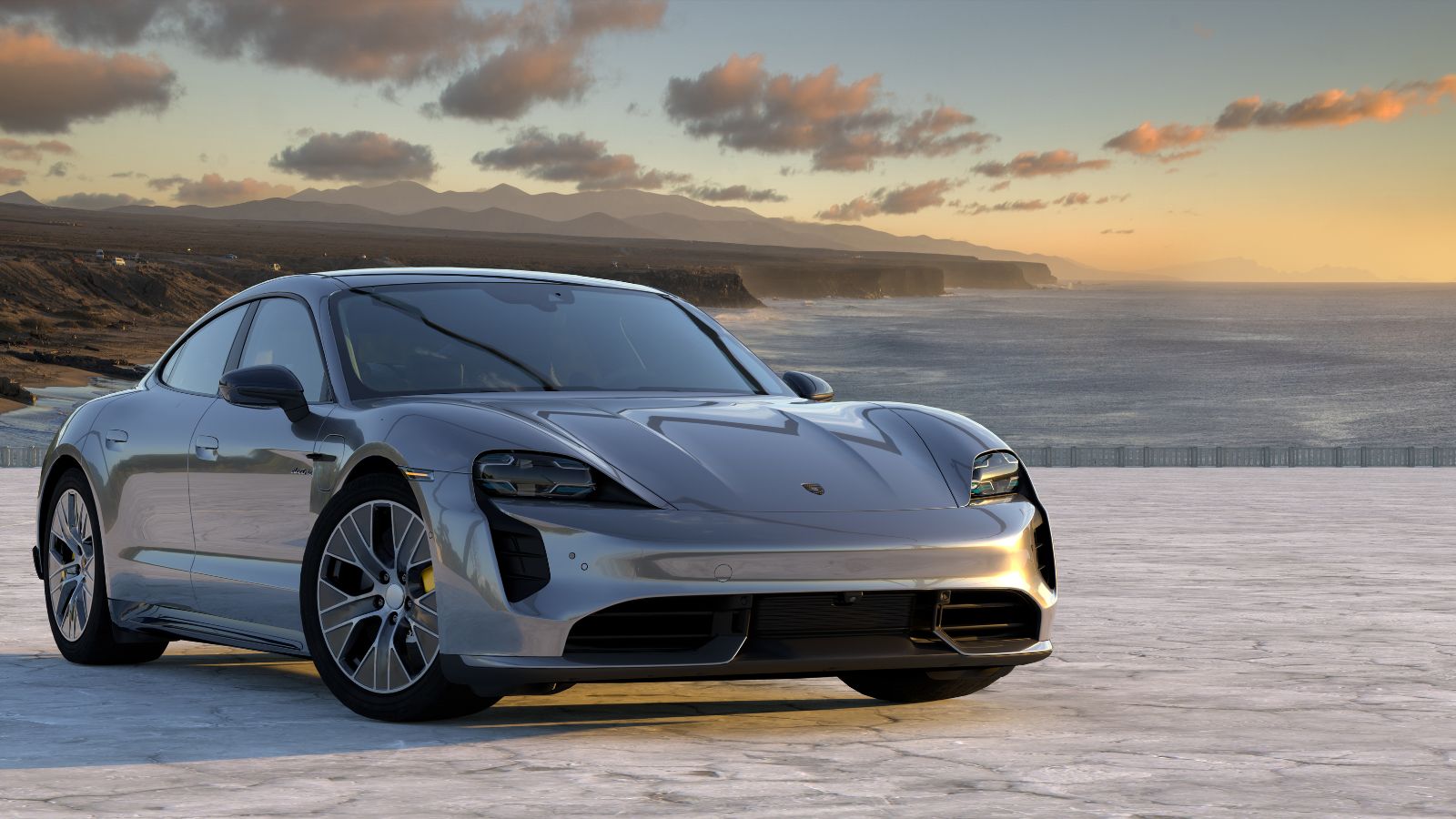
The Porsche Taycan Turbo S isn’t just a beauty; it’s a beast regarding charging. It features an 800-volt architecture, which allows for ultra-fast charging; it can reach 80% charge in just 22.5 minutes using a high-power DC fast charger. This system supports rapid charging speeds up to 270 kW, significantly reducing downtime. The Taycan’s advanced infotainment system includes a curved touchscreen display with Porsche’s latest operating system, integrating seamlessly with smartphone apps and navigation. The car also boasts an 8-year/100,000-mile battery warranty, reflecting Porsche’s confidence in its battery technology and longevity.
Lucid Air Dream Edition
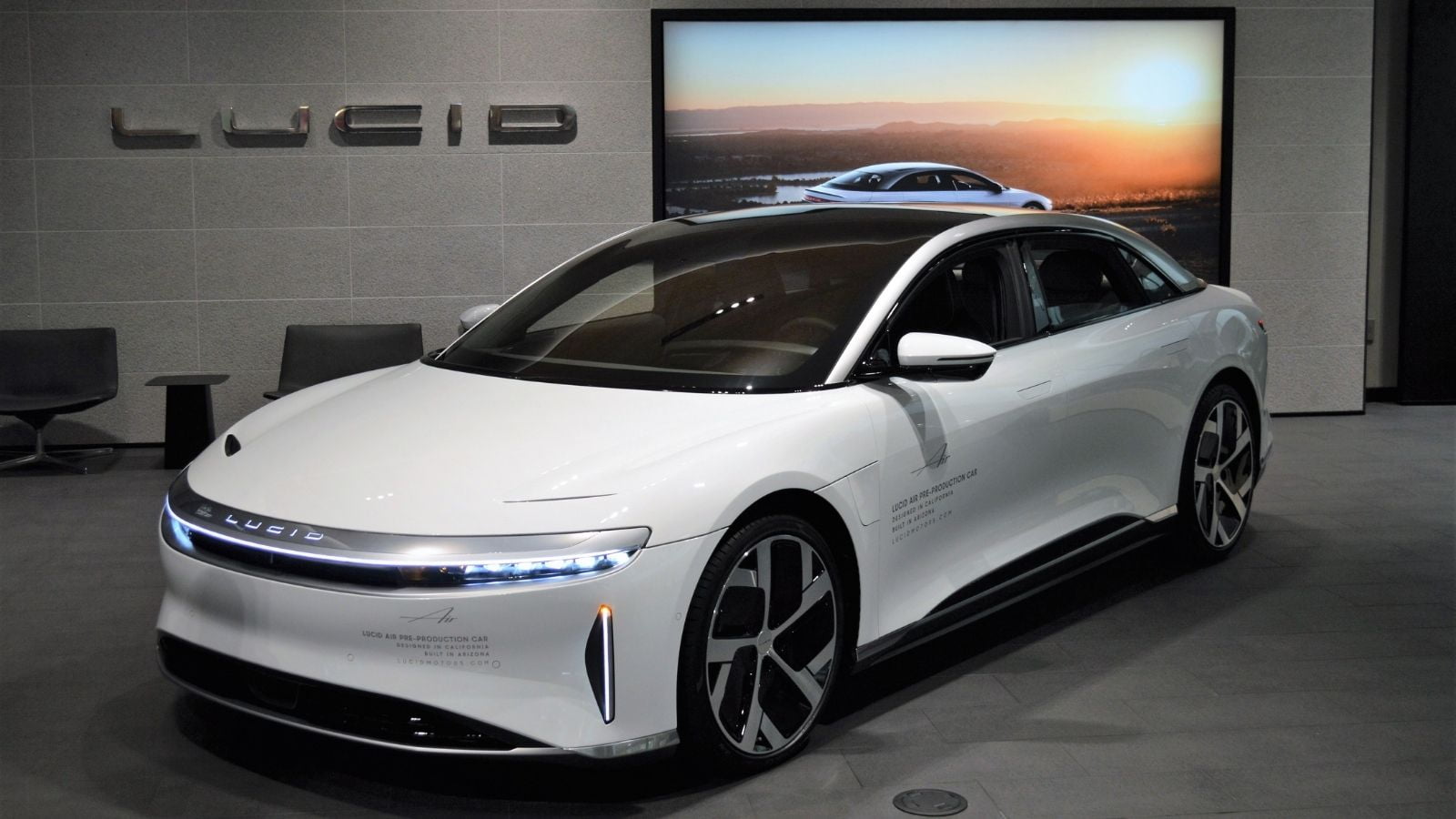
The Lucid Air Dream Edition is a game-changer, combining luxury with lightning-fast charging. With a 113-kWh battery, it delivers 503 miles on a single charge, the longest in any production EV as of its release. Powered by a dual-motor all-wheel-drive system, it produces 1,111 horsepower, propelling it from 0 to 60 mph in just 2.5 seconds. The Dream Edition features a 924-volt electrical architecture, enabling ultra-fast charging. A 350-kW DC fast charger can recover up to 300 miles of range in just 20 minutes.
Tesla Model 3
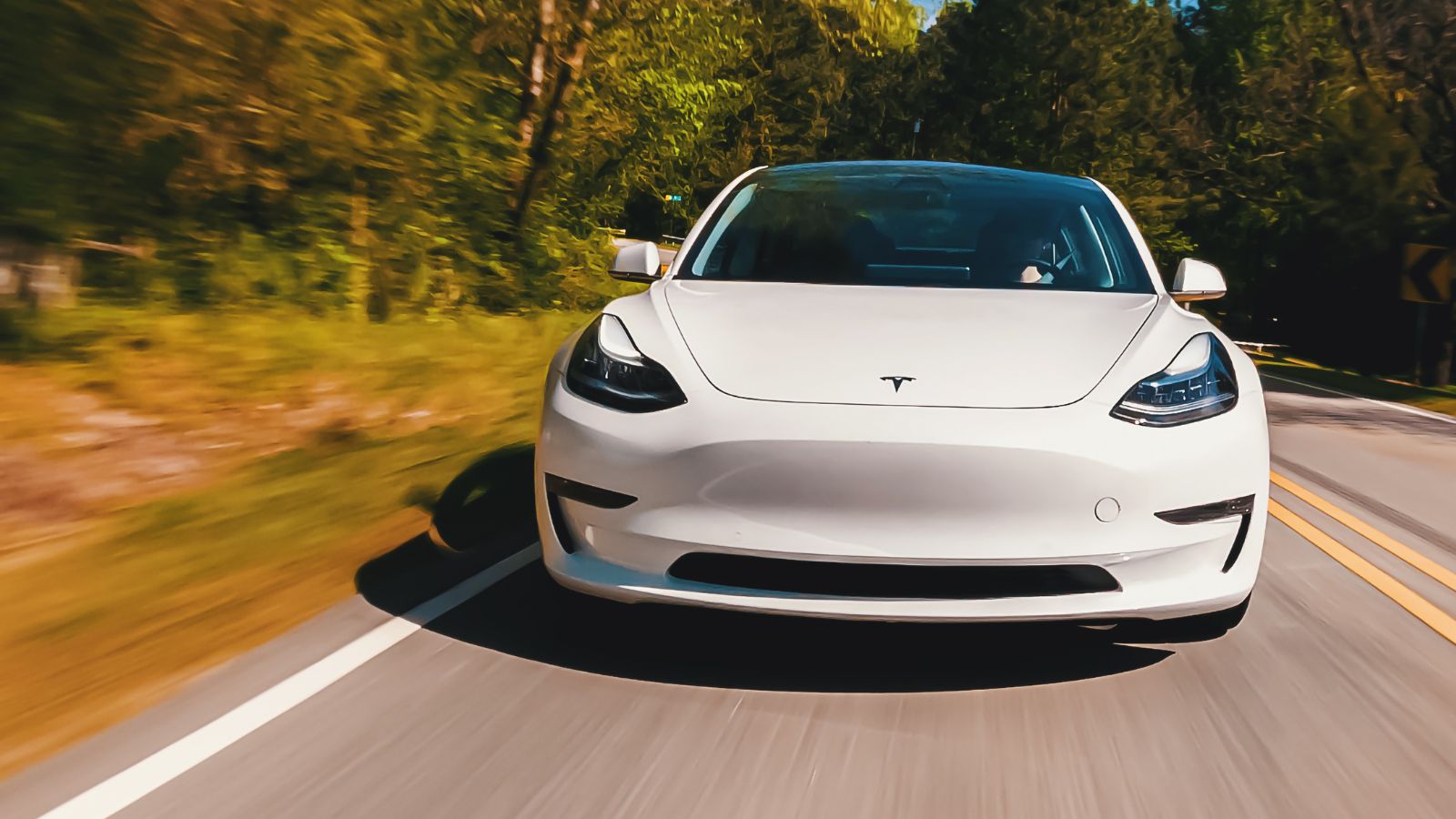
The Tesla Model 3 is the everyman’s electric car, but don’t let its popularity fool you—it charges like a champ. Its centerpiece is the powerful Autopilot system, which offers advanced driver assistance features like adaptive cruise control, lane-keeping, and automatic lane changes. The Model 3’s interior has a 15-inch touchscreen, handling controls, and infotainment with Tesla’s intuitive interface. This vehicle features an 82-kWh battery pack that delivers up to 272 miles of range (EPA estimate), and its Supercharger network allows for rapid charging, adding up to 200 miles in about 15 minutes. The Model 3 also includes over-the-air software updates, ensuring continuous improvements and new features without a visit to the dealership.
Audi e-tron GT
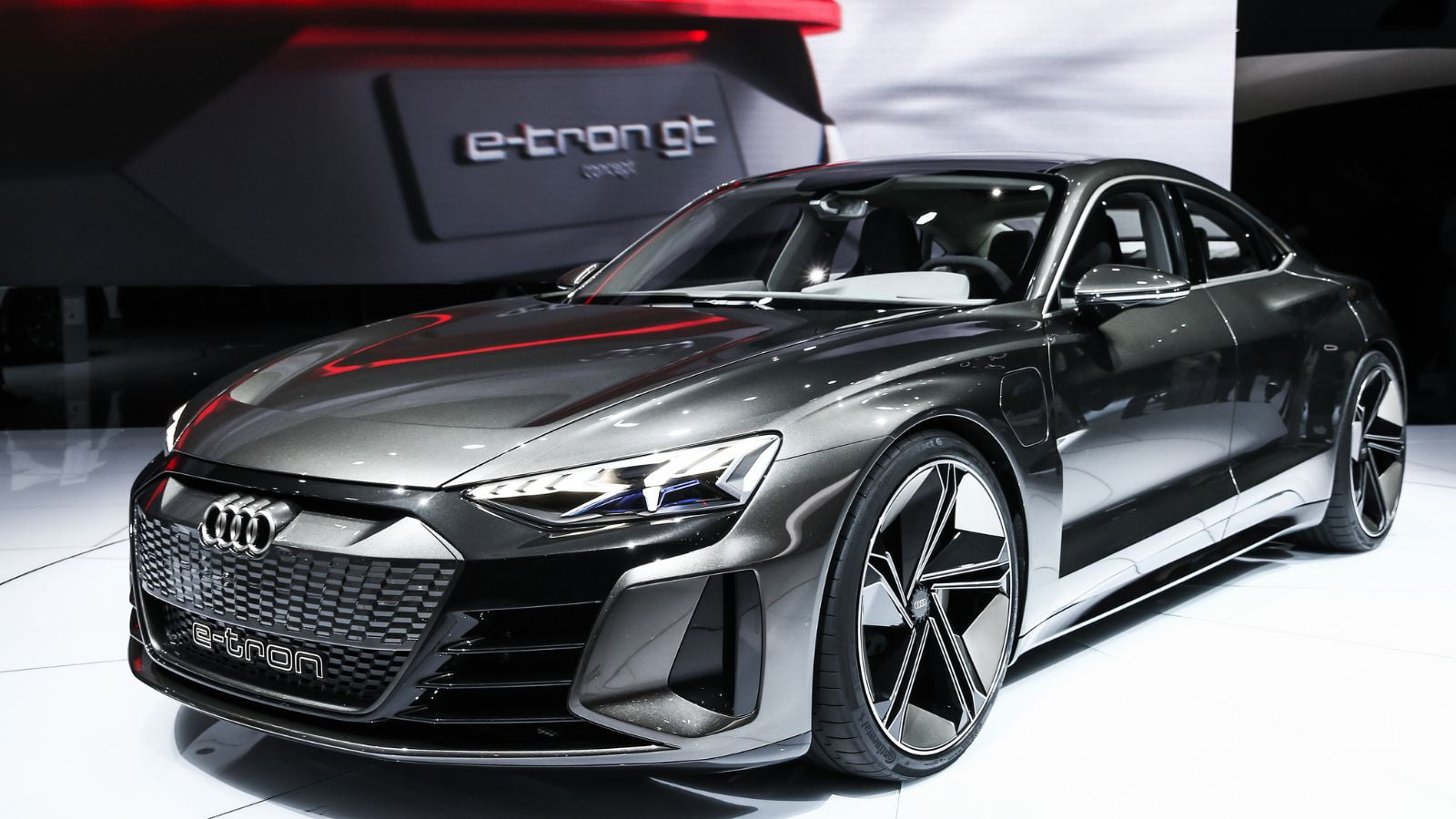
The Audi e-tron GT combines German engineering with fast-charging prowess. Thanks to its 800-volt architecture, using a DC fast charger, the e-tron GT can charge from 5% to 80% in approximately 23 minutes. This rapid charging capability allows it to gain up to 60 miles of range in 10 minutes. The e-tron GT’s advanced charging system supports 150 and 270 kW charging speeds, making it highly versatile and efficient. This technology leverages Audi’s proprietary thermal management system to optimize battery performance and longevity. The e-Tron GT is also compatible with a wide range of charging networks, ensuring convenient access across various locations.
Hyundai Ioniq 5
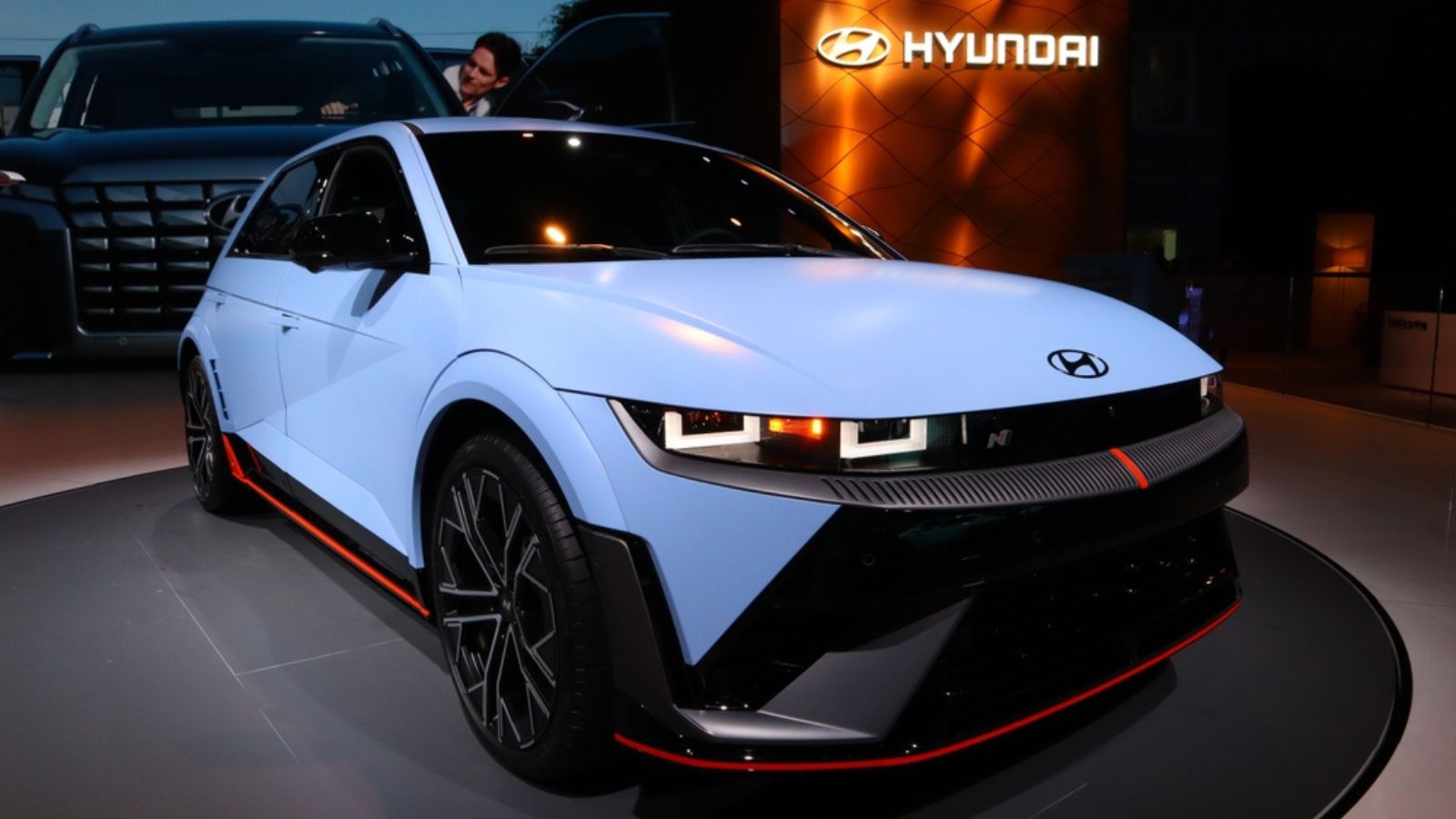
The Hyundai Ioniq 5 is a surprise contender in the fast-charging game. Utilizing an 800-volt architecture, the Ioniq 5 supports ultra-fast charging, allowing it to charge from 10% to 80% in 18 minutes using a 350 kW fast charger. This translates to an impressive addition of up to 217 miles of range within this short span. The Ioniq 5 also features a Vehicle-to-Load (V2L) function, enabling the car to act as a power source for external devices, which is handy for camping or emergencies. The car’s 400-volt and 800-volt compatibility means it can connect to various chargers without needing adapters. That’s enough time for a quick coffee run—by the time your barista spells your name wrong on the cup, the Ioniq 5 is good to go. Your phone, on the other hand, is still blinking red.
Kia EV6
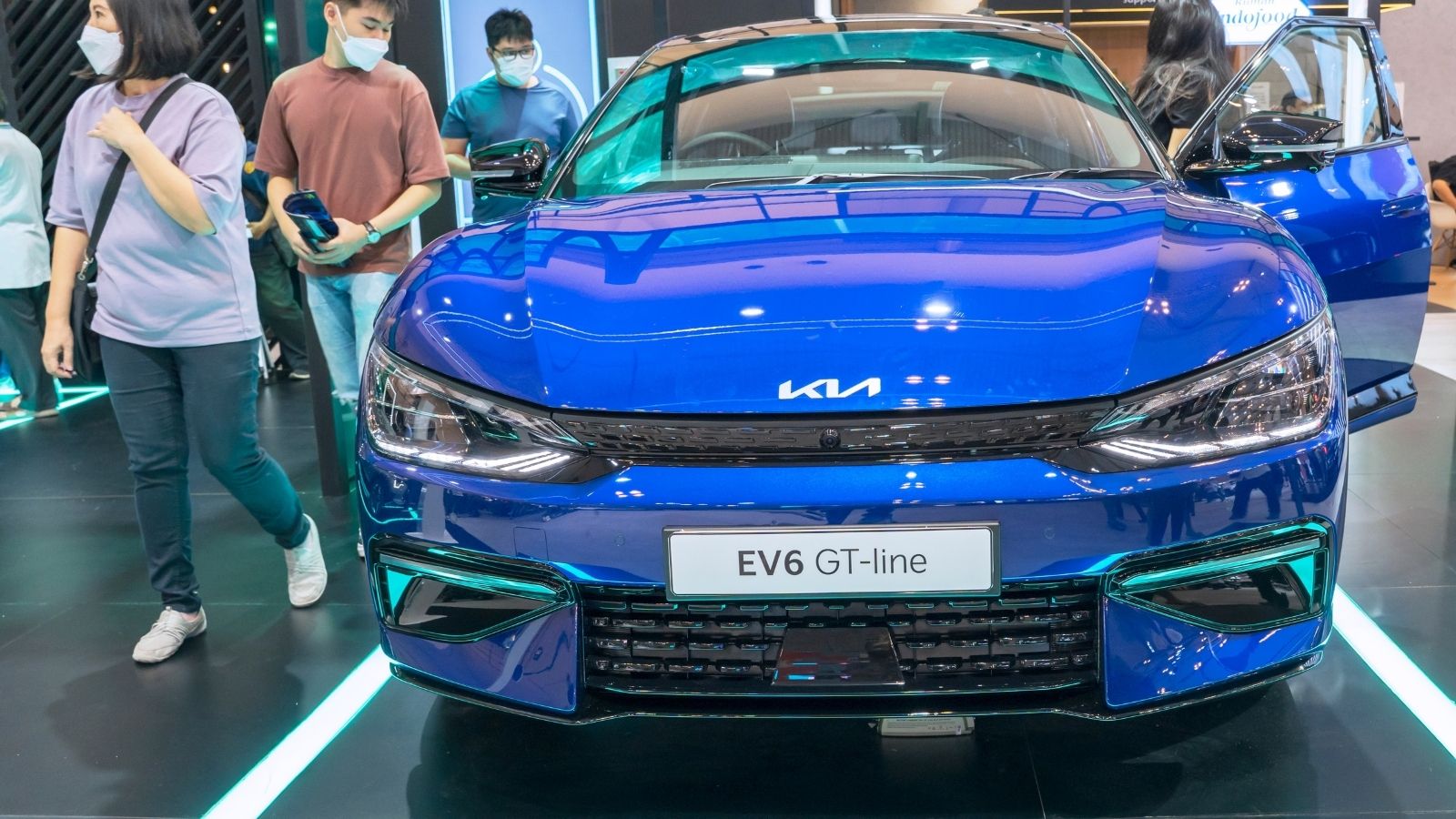
The Kia EV6 shares the same E-GMP platform as the Ioniq 5, as shown in its charging performance. The EV6 can charge from 10% to 80% in 18 minutes using a DC fast charger, adding approximately 217 miles of range. This impressive performance is attributed to its high-speed charging architecture and 77.4 kWh battery. The EV6 also supports 400-volt charging without a converter, making it versatile for various charging infrastructures. Its 11-kW onboard charger provides Level 2 home charging, giving you 60 miles of range per hour. Meanwhile, your smartphone is still negotiating with the charger about how much power it needs to survive the day.
Ford Mustang Mach-E
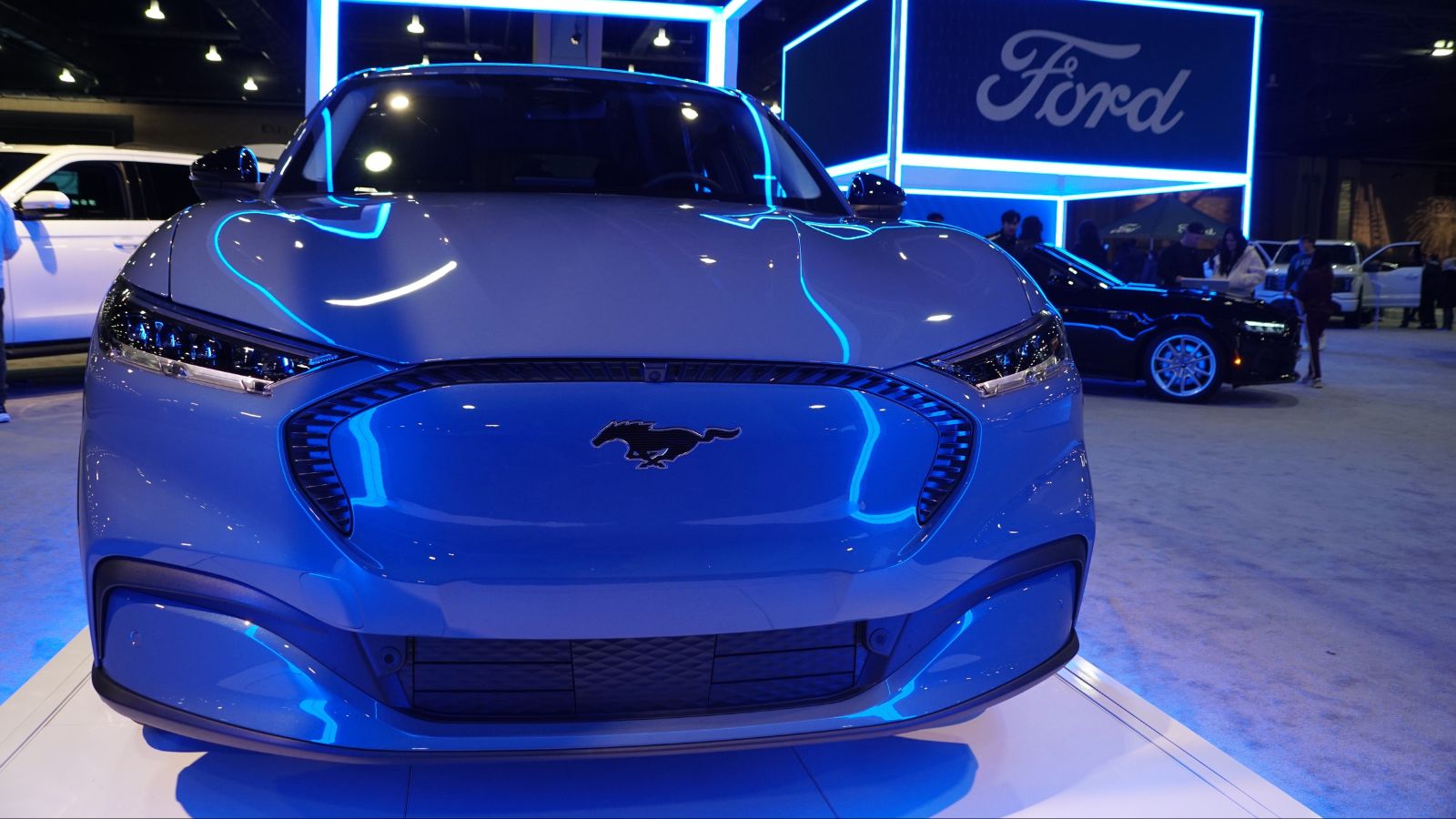
The Ford Mustang Mach-E doesn’t just carry the legendary Mustang name; it also charges at a gallop. This electric SUV supports standard AC and rapid DC fast charging through its CCS (Combined Charging System) port. With a 150 kW DC fast charger, the Mach-E can gain up to 61 miles of range in 10 minutes, allowing quick top-ups during long trips. This enables drivers to use Ford’s extensive public charging network, including over 63,000 charging stations in North America. The Mach-E’s charging system is also optimized for home use, providing Level 2 AC charging that can add approximately 22 miles of range per hour, which is ideal for overnight charging. That’s just enough time to enjoy a drive-thru burger—all the while, your phone is still pondering whether to switch to low-power mode.
Volkswagen ID.4
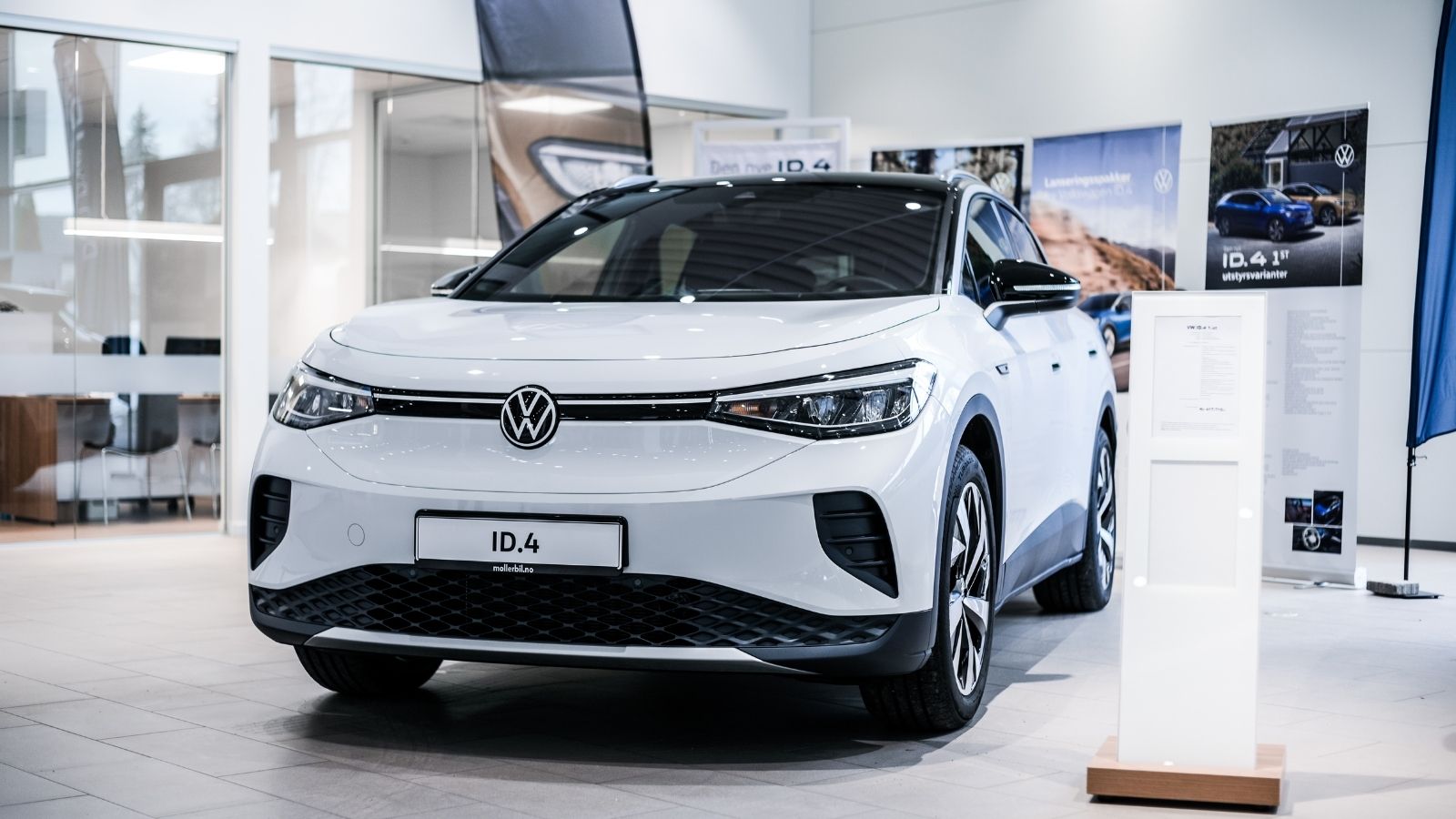
The Volkswagen ID.4 is a solid choice for a reliable, fast-charging electric SUV. It features an 800-volt architecture, allowing for ultra-fast DC fast charging capabilities. With this system, using a high-speed DC fast charger, the ID.4 can charge from 5% to 80% in approximately 38 minutes. This translates to about 200 miles of range added in just 30 minutes, making long trips more manageable and less time-consuming. Additionally, the ID.4 supports Level 2 home charging, providing a more gradual overnight charge using a standard 240V outlet.
BMW i4
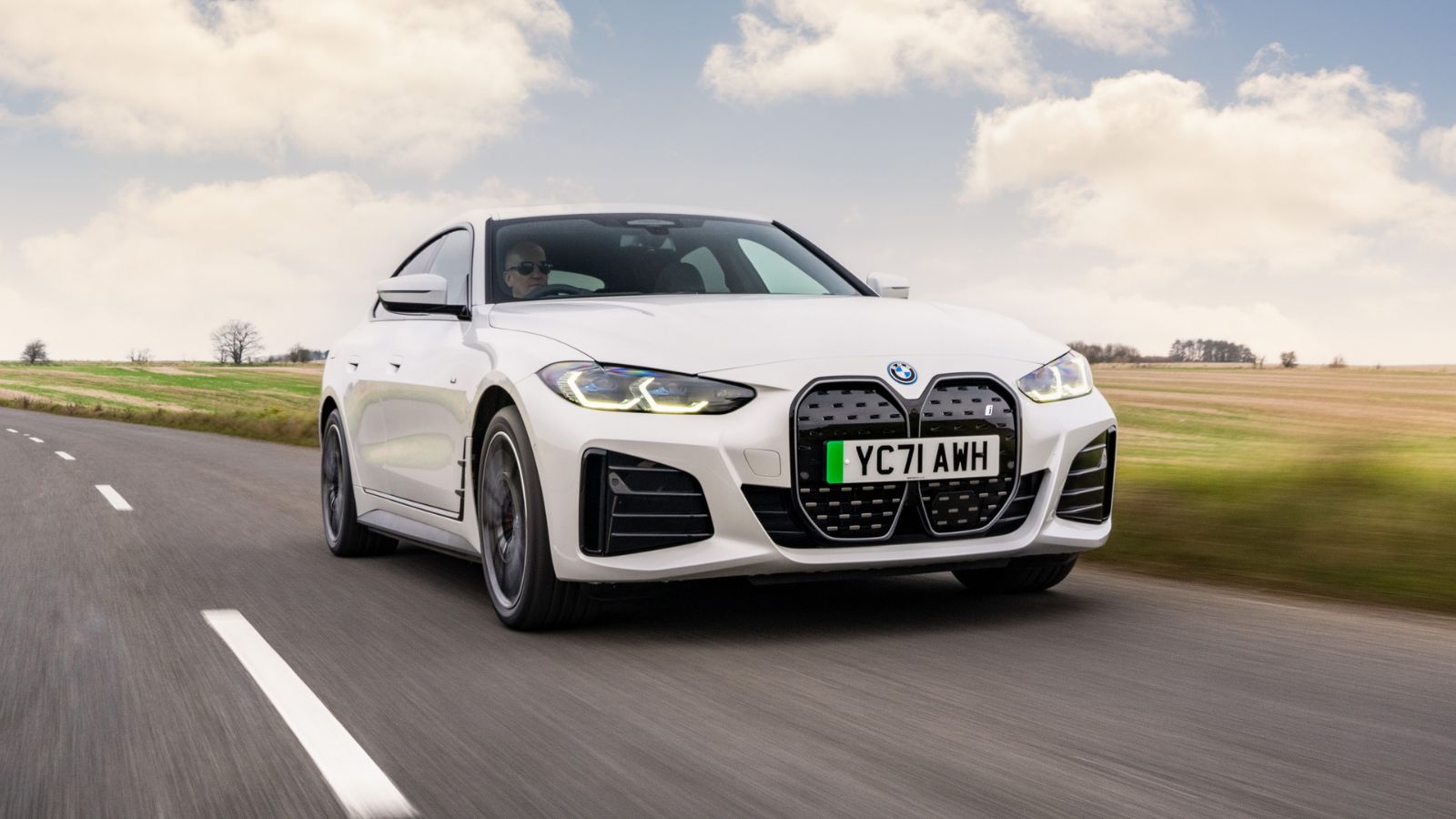
The BMW i4 is proof that luxury and fast charging can coexist. It supports charging speeds up to 200 kW, allowing for rapid replenishment of its 81.5 kWh battery pack, which delivers 300 miles on a single charge (EPA estimate). The i4 also benefits from BMW’s robust Charge Forward program, which optimizes charging times based on grid demand and electricity rates. Additionally, the vehicle is compatible with AC and DC charging networks, providing flexibility for drivers. On the other hand, your smartphone is still trying to figure out why it’s heating up even though it’s only halfway charged.
Nissan Ariya
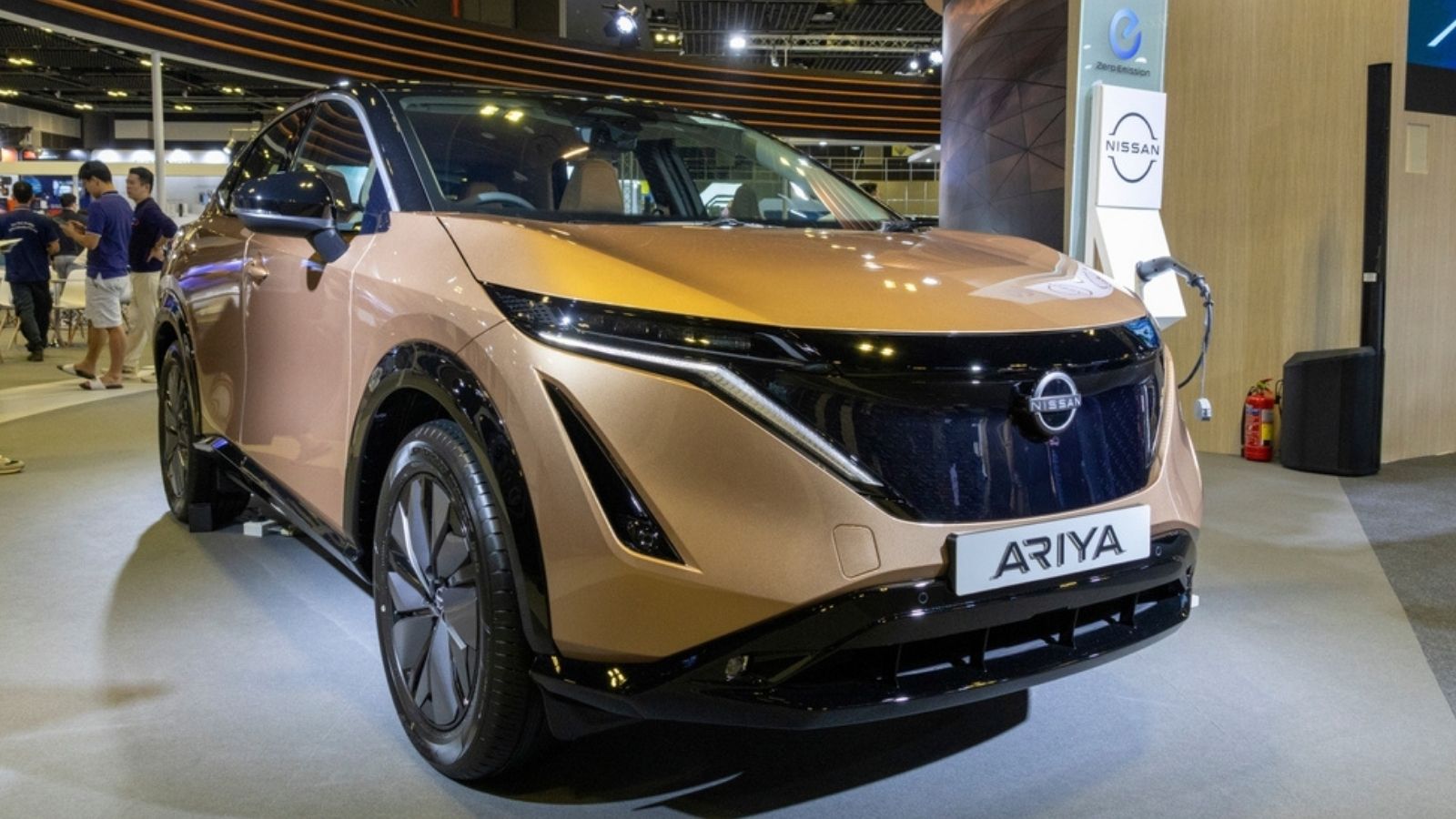
Nissan’s Ariya is a newcomer to the electric vehicle world, but it’s already making waves with its fast-charging capability. Equipped with a high-capacity 87 kWh battery (in the long-range version), the Ariya supports DC fast charging through its 130-kW charging system. The vehicle also features a 7.2 kW onboard AC charger for standard home charging, providing a full charge in around 11 hours using a Level 2 home charger. Ariya’s charging infrastructure is supported by Nissan’s extensive network of fast chargers and its partnership with various charging providers, ensuring convenient access across many locations.
Polestar 2
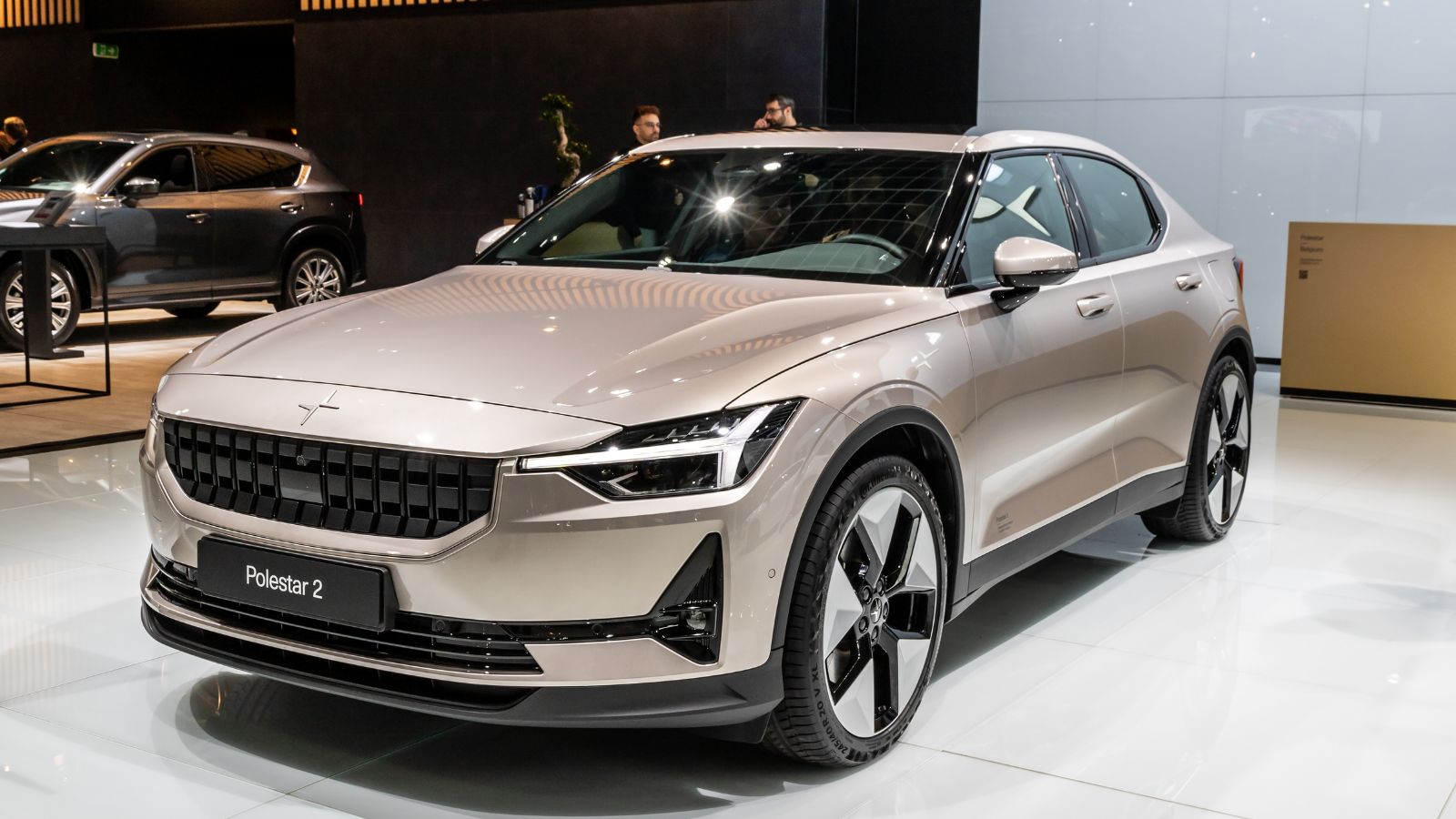
The Polestar 2 is a sleek, Scandinavian entry into the electric car market, charging faster than expected. Utilizing a 400-volt architecture, the Polestar 2 supports DC fast charging, taking the battery from 10% to 80% in approximately 40 minutes. This is possible through an 11-kW onboard charger for AC charging and a 150-kW DC fast-charging capability. With a range of up to 270 miles on a single charge, depending on the configuration and driving conditions, the Polestar 2 ensures minimal downtime. That’s enough time to grab a quick lunch while your phone still picks up appetizers.
Rivian R1T
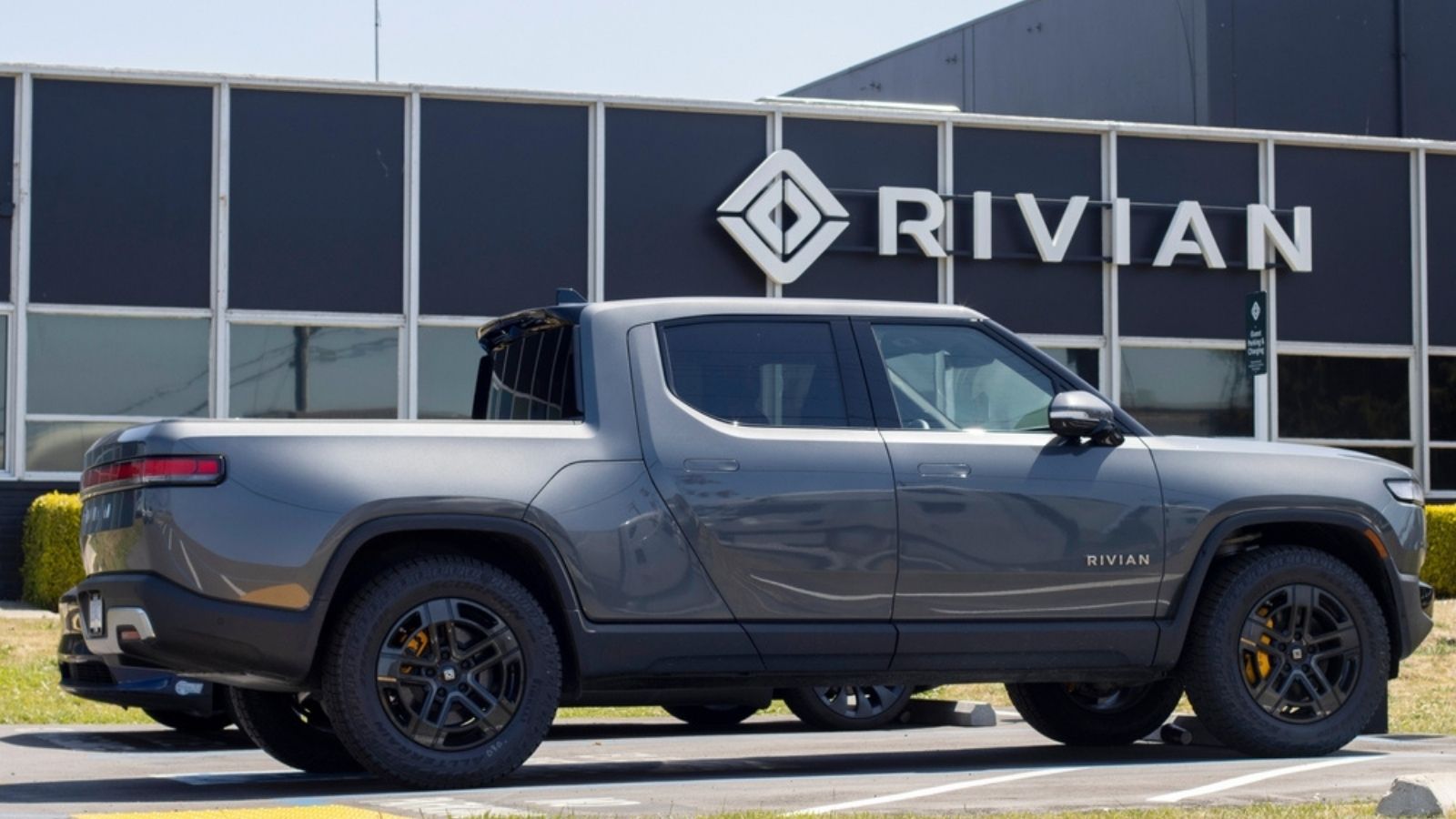
The Rivian R1T is a rugged electric pickup truck that doesn’t mess around with charging. Equipped with an 800-volt architecture, the R1T supports DC fast charging that can replenish up to 140 miles of range in just 20 minutes. This rapid charging capability is thanks to Rivian’s proprietary Rivian Adventure Network, which aims to provide fast charging stations in critical outdoor adventure locations. Additionally, Rivian’s partnership with Electrify America ensures widespread access to high-speed charging stations across the US, further boosting convenience for long-distance travel. That’s quicker than you can say, “Where’s the nearest charging station?” Meanwhile, your phone is still asking, “Are you sure you want to enable fast charging?”
11 Cars that are Known for Breaking Down Regularly

No car company wants to deliver a dud. However, even though companies try their best to deliver excellent cars, some cars turn out to be lemons, breaking down frequently. This creates problems for both the consumer and the manufacturer.
11 Cars that are Known for Breaking Down Regularly
